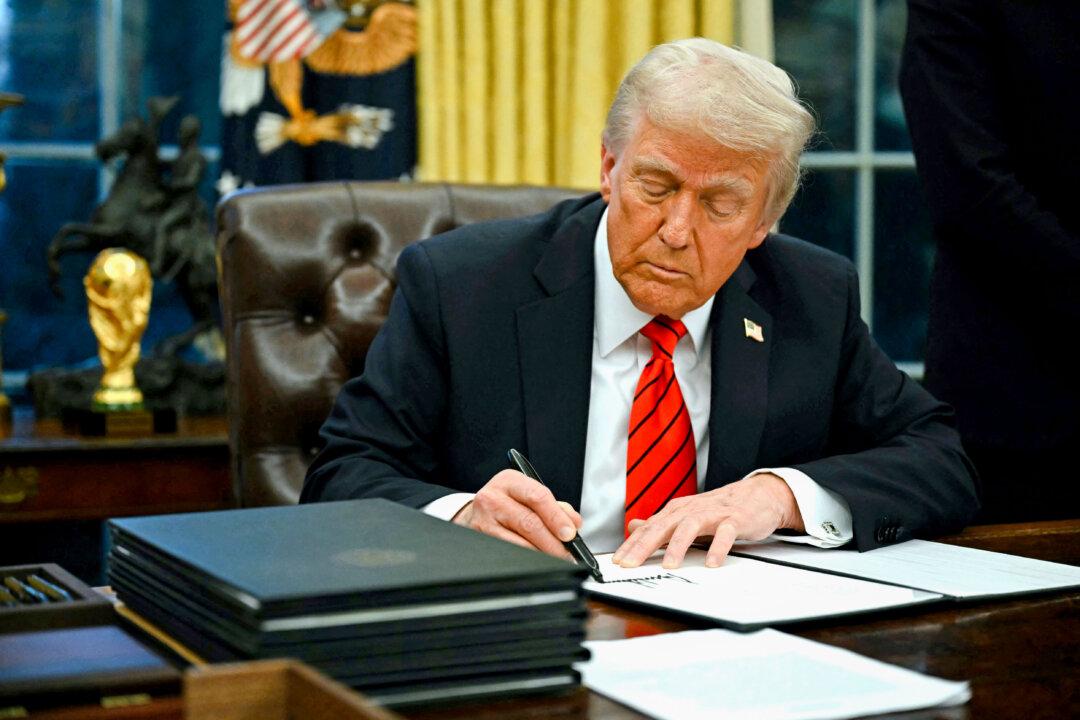President Donald Trump signed an executive order on Feb. 12 meant to establish a sole voice for foreign service activities and help strengthen his policy agenda.
“The order guarantees a strong and effective approach to international relations that always serves U.S. interests first,” a statement from the White House reads. “No longer will America be taken advantage of by foreign nations or by rogue actors who undermine our sovereignty or security.”





